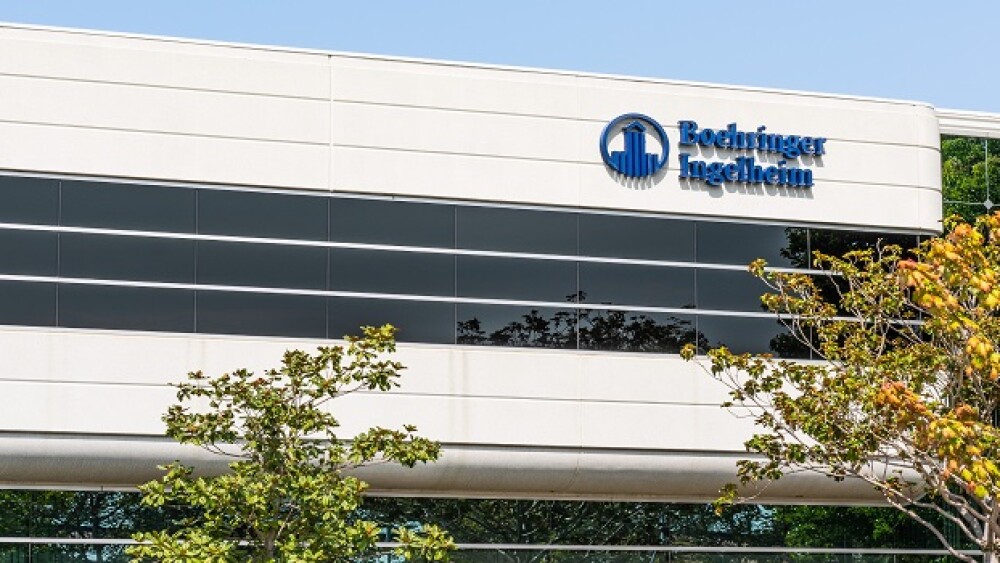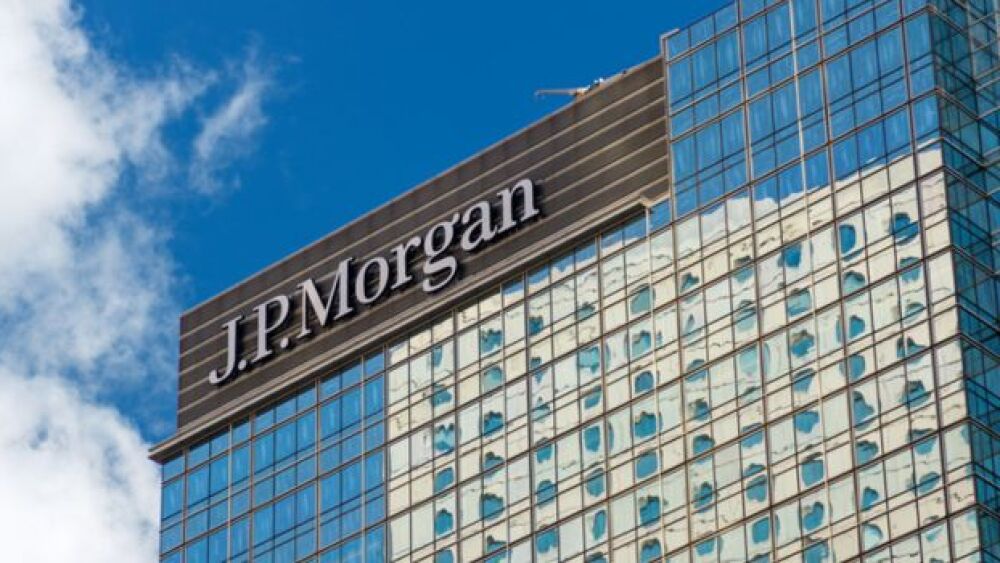Boehringer Ingelheim announced today the publication in The New England Journal of Medicine of new data from the pivotal Phase II Effisayil™ 1 trial.
- New clinical trial data published today in The New England Journal of Medicine showed that spesolimab, a novel IL-36 receptor antagonist, demonstrated rapid clearance of pustules in adult patients with generalized pustular psoriasis (GPP) experiencing a flare
|
| [23-December-2021] |
| RIDGEFIELD, Conn., Dec. 23, 2021 /PRNewswire/ -- Boehringer Ingelheim announced today the publication in The New England Journal of Medicine of new data from the pivotal Phase II Effisayil™ 1 trial, which showed spesolimab, a first-in-class investigational treatment, significantly improved signs and symptoms of generalized pustular psoriasis (GPP) in patients experiencing a flare. GPP is a rare, life-threatening neutrophilic skin disease, which is distinct from plaque psoriasis. It is characterized by episodes of widespread eruptions of painful, sterile pustules (blisters of non-infectious pus). There is a high unmet need for treatments that can rapidly and completely resolve the signs and symptoms of GPP flares. Flares greatly affect a person’s quality of life and can lead to hospitalization with serious complications, including heart failure, renal failure, sepsis, and death. In the 12-week trial, 53 patients experiencing a GPP flare were treated with a single intravenous dose of spesolimab or placebo. Most patients at the outset of the trial had a high or very high density of pustules and impaired quality of life. Results after one week demonstrated that:
After one week of treatment, spesolimab was associated with a higher number of infections and systemic drug reactions compared to placebo. For some patients, pustular and skin clearance were maintained for the duration of the study. This clearance was accompanied by clinically significant improvements in quality of life and symptoms such as pain and fatigue. Adverse events were reported in 66% of patients treated with spesolimab and 56% of those receiving placebo after the first week. Infections were reported by 17% and 6% of patients in the spesolimab and placebo groups, respectively. Serious adverse events were reported in 6% of patients treated with spesolimab. Two patients receiving spesolimab were reported to have drug reactions with eosinophilia and systemic symptoms. “With no approved treatments in the U.S. for GPP flares, there is a significant unmet need for people with this distressing and painful skin condition, which often requires emergency care,” said Mark Lebwohl, M.D., lead investigator and publication author, and Dean for Clinical Therapeutics, Icahn School of Medicine at Mount Sinai, Kimberly and Eric J. Waldman Department of Dermatology, New York. “These clinical trial results show that spesolimab has the potential to clear the skin of the signs and symptoms of a GPP flare after only one week, with effects observed through the end of the study.” The U.S. Food and Drug Administration (FDA) accepted a Biologics License Application (BLA) and granted Priority Review for spesolimab for the treatment of GPP flares. The FDA has granted spesolimab Orphan Drug Designation for the treatment of GPP and Breakthrough Therapy Designation for spesolimab for the treatment of GPP flares in adults. “At Boehringer Ingelheim, we are committed to finding transformative therapies to help advance treatment for people who urgently need them,” said Matt Frankel, M.D., Vice President, Clinical Development and Medical Affairs, Specialty Care, Boehringer Ingelheim. “The findings indicate that spesolimab may have a significant and positive impact on the wellbeing of patients experiencing a GPP flare.” The clinical program for spesolimab includes two other trials that are currently underway. The Effisayil™ 2 study will assess the safety and efficacy of spesolimab for the treatment of GPP, including flare prevention and symptom control over 48 weeks. Effisayil™ ON is a five-year, open-label extension study that will provide additional long-term efficacy and safety data for spesolimab in the treatment of GPP. About spesolimab Spesolimab is a novel, humanized, selective antibody that blocks the activation of the interleukin-36 receptor (IL-36R), a signaling pathway within the immune system shown to be involved in the pathogeneses of several autoimmune diseases, including GPP. Spesolimab is also under investigation for the prevention of GPP flares and for the treatment of other neutrophilic skin diseases, such as palmoplantar pustulosis (PPP) and hidradenitis suppurativa (HS). About the Effisayil™ 1 clinical trial Effisayil™ 1 (NCT03782792) was a 12-week Phase II trial investigating patients with a GPP flare (N=53), randomly assigned 2:1 to a single 900 mg intravenous dose of spesolimab or placebo. The primary endpoint was a GPP Physician Global Assessment (GPPGA) pustulation subscore of 0 (no visible pustules) at week one. The key secondary endpoint was a GPPGA score of 0/1 (clear/almost clear skin) at week one. After one week, 54% of patients (19 out of 35) treated with spesolimab showed no visible pustules (GPPGA score of 0), compared to 6% of patients (1 out of 18) treated with placebo (P<0.001). In addition, 43% of patients (15 out of 35) treated with spesolimab showed clear/almost clear skin (GPPGA score of 0/1), compared to 11% of patients (2 out of 18) in the placebo group (P=0.024). About generalized pustular psoriasis (GPP) GPP is a rare, heterogenous and potentially life-threatening neutrophilic skin disease, which is clinically distinct from plaque psoriasis. GPP is caused by neutrophils (a type of white blood cell) accumulating in the skin, resulting in painful, sterile pustules all over the body. The clinical course varies, with some patients having a relapsing disease with recurrent flares, and others having a persistent disease with intermittent flares. While the severity of GPP flares can vary, if left untreated they can be life-threatening due to complications such as sepsis and multisystem organ failure. This chronic, systemic disease has a substantial quality of life impact for patients and healthcare burden. GPP has a varied prevalence across different geographical regions and more women are affected than men. Boehringer Ingelheim Immunology: Pioneering Science, Inspired By Patients Living with fibrotic and inflammatory diseases greatly impacts patients’ lives emotionally and physically. These patients are our guides, partners and inspiration as we redefine treatment paradigms. As a family-owned company, we can plan long-term. Our goal is to discover and develop first-of-their-kind therapies. With a deep understanding of molecular pathways, we are pioneering scientific breakthroughs that target, repair and prevent many fibrotic and inflammatory diseases. By building on long-term external collaborations, we strive to bring treatment breakthroughs to patients in the shortest time. We won’t rest until we can give people the chance to live the lives they want. Boehringer Ingelheim Boehringer Ingelheim is working on breakthrough therapies that improve the lives of humans and animals. As a leading research-driven biopharmaceutical company, the company creates value through innovation in areas of high unmet medical need. Founded in 1885 and family-owned ever since, Boehringer Ingelheim takes a long-term perspective. Around 52,000 employees serve more than 130 markets in the three business areas, Human Pharma, Animal Health, and Biopharmaceutical Contract Manufacturing. Learn more at www.boehringer-ingelheim.com. MPR-US-101856 Media Contact Christopher Wahlers
SOURCE Boehringer Ingelheim Pharmaceuticals |





